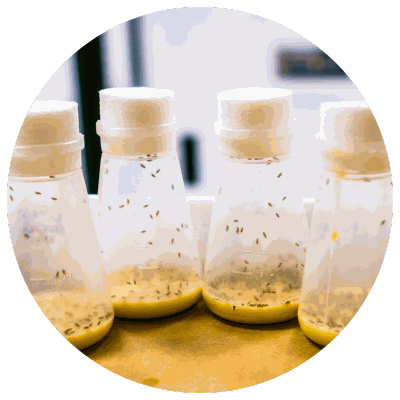Comparative study between de novo proteins and randomly produced proteins
May 23, 2023 | Biotechnology
A team of Czech and German scientists, from the University of Prague and University Münster, have conducted experiments involving comparisons between de novo proteins and computer-generated proteins regarding their stability and solubility. They were able to find small differences deviating from predictions.
Results in the lab experiments showed that the de novo proteins displayed a slightly higher solubility on average based on secondary structure. They can be better integrated into the cell as compared to what was expected from random computer-generated proteins, suggestive of natural selection occurring in the earlier phases of this protein’s emergence.
Aside from solubility, the ability of the proteins is also being examined by the researchers. This ability plays a critical role in a variety of diseases and recent studies have already shown the association of de novo proteins with these diseases. Further research on these proteins will allow us to understand more on this protein’s role in the development of disease.
